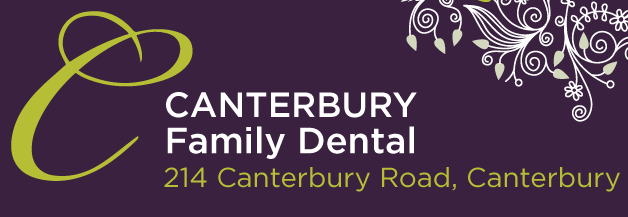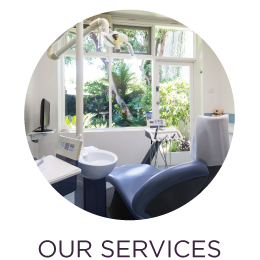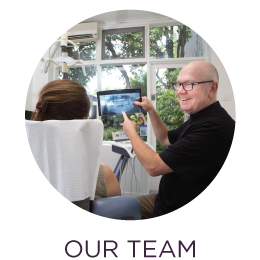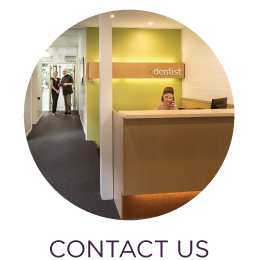
Preventive Dentistry
Our dental hygienists Sheena and Riya play a vital role in preventative dental care.
Working together with your dentist, a dental hygienist examines both teeth and gums and checks for diseases or abnormalities.
A visit with a hygienist can include:
- learning about the relationship between diet and oral health
- finding out how to select the toothbrush that is best for you or your child
- learning how to brush and floss your teeth
- tooth cleaning and polishing with an ultrasonic cleaner to remove debris that has hardened on your teeth
- cleaning the roots of your teeth to ensure the gums remain a healthy foundation for your dental work
All our hygienists have had special training in dental hygiene and work together with Dr. Langton-Joy to provide fully integrated dental care. Once gum health is established and maintained, this provides the best foundation for Dr. Langton-Joy to perform any restorative work.
Implementing a preventive dentistry philosophy as part of your ongoing general and oral health routine, often results in less treatment time and reduced cost for dental procedures.
Dietary Advice
Did you know:
- That each time you eat, plaque (a clear sticky film filled with bacteria) develops on the surface of your teeth.
- This leads to the development of tooth decay and gum disease.
- Sweet and sticky foods stick to your teeth and create an environment conducive to decay.
Decrease your chances of plaque build-up and reduce your risk of decay and disease by:
- Choosing healthy, low sugar snacks and meals.
Speak to one of the hygienists for more information on making health food choices and maintaining a healthy, happy smile.
Make an appointment to see a hygienist today
Daily Oral Hygiene
Brushing
An effective oral hygiene routine helps prevent gum disease and keeps you breath fresh.
- brush your teeth in a small circular motion over the gum line and teeth
- repeat for two minutes in the morning and evenings
- children under the age of 8 should be supervised to ensure that they learning correct techniques and brushing effectively.
Our hygienist will provide you with some easy to follow tips on effective brushing.
Flossing
Flossing removes plaque build-up and food particles caught between teeth that can’t be reached by your toothbrush. It in an integral part of any comprehensive, effective oral hygiene routine.
- floss daily to help prevent decay
- floss gently under the gumline
- do not force the floss down too hard in between your teeth
- children should start flossing by the age of 12
Mouthwash
While mouthwash is of benefit to those who have difficulty with the manual dexterity required to clean back teeth (eg elderly people), it is not a substitute for brushing and flossing.
Speak to your dentist about the best mouth wash for you as some have a high alcohol content and can be very harsh.








